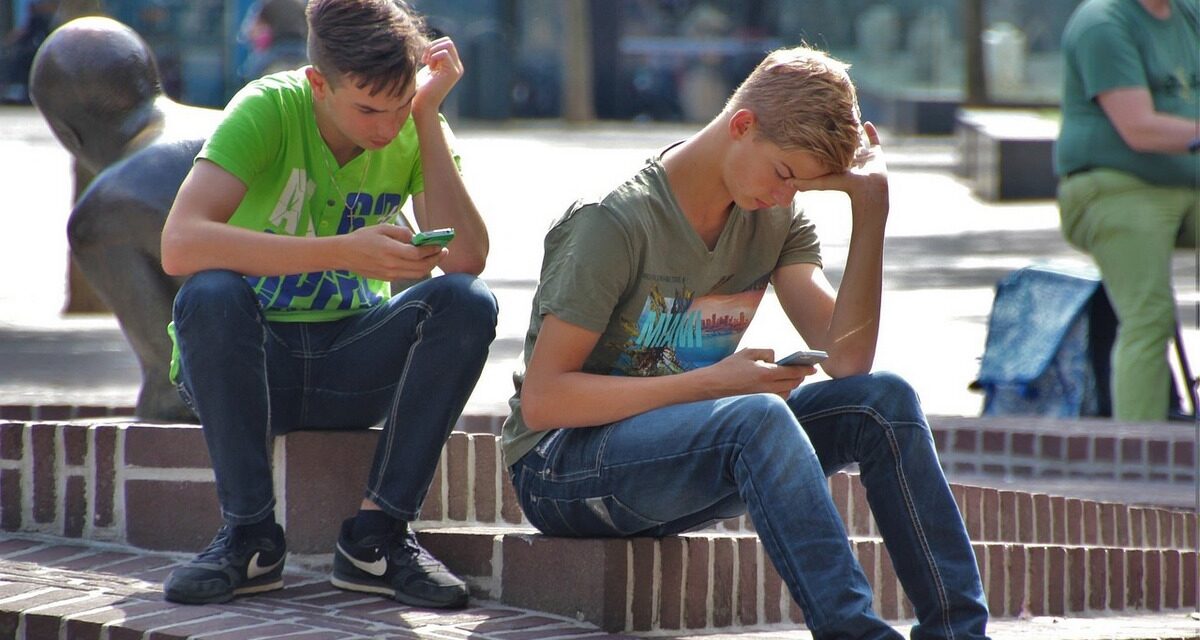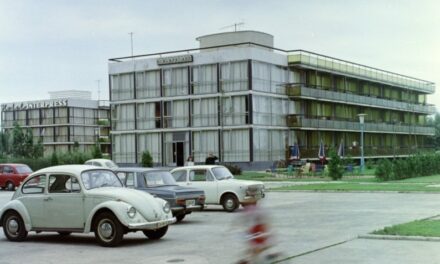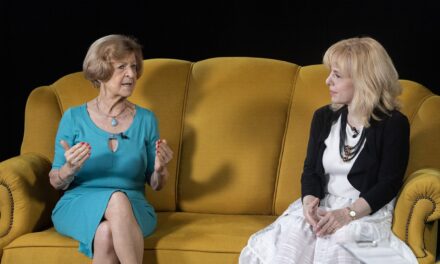Everyone presses it, everything is available on it. It makes life easier, but we don't even notice its effects anymore, it doesn't appear what we lose due to its use.
Walking around the city without a phone, not checking the restaurant's reviews before sitting down to eat - generation Z born in the digital age will no longer experience this. For us older people, we can still see from afar what analog life was like, when we weren't always available, and maybe we even long for it sometimes.
In 2007, the first iPhone appeared in America, and then smartphones began to spread widely. The Hungarian version of Facebook appeared in 2008, and the rest is history: digital technology and social media transformed our culture, society, socialization, and basic habits. Whether this is good or bad is a source of endless debate. It is a fact that technology makes life easier, but it is also obvious that we have lost something because of it, namely the liberating feeling of spontaneous existence and relying on chance. Here are 10 things that characterized our lives even before all information and communication options were available immediately and with one click on our smartphones.
Driving without Google Maps and a route planner
Typing the address into the search engine is so self-evident today that we have already forgotten how we got from A to B before smartphones. We got lost a million times, the printed map was our best friend, just like the street name signs, and it often happened that we drew the route in advance on paper. It was quite complicated compared to the fact that today we can accurately shoot to the minute when we reach the goal.
Going to a restaurant without checking online
, Tripadvisor, Google Reviews, Facebook, Instagram (and perhaps also We Love Budapest's gastronomic review ) largely determine which restaurant we choose for our lunch or dinner. We used to go wherever our feet took us, and we sat down wherever we could see. Or word of mouth spread about new openings. Of course, we were there long before the gastro revolution, so the selection wasn't that big either. We mostly sat in the reliable, already known restaurants and pubs, of which there weren't many anyway.
Make, cancel and miss meetings without chat apps
Since the 2000s, we have been communicating via SMS, so the last time we relied entirely on the agreed time of meeting was the 90s. There was not much chance of canceling a few hours before, let alone reporting minute by minute where we were going and exactly when we would get there. People waited and waited, and something just happened - we took the promise more seriously than nowadays.
Telephone booths
We can still feel the urge in our throats when we remember how we frantically threw the coins into the device a few seconds before the end of the call. Although they seem completely unnecessary today, they are still there on the streets: sometimes they function as public toilets, but it is mandatory to keep some on the streets. There are more than 4,000 devices across the country, in 2022 400 booths were installed in Budapest and 50 booths in rural areas.
Choosing a program without online program search engines, through printed publications
Today, a program that does not have an official Facebook event or is not available on Port.hu and on the pages of cinemas, theaters, concert organizers, and ticket sales forums is no longer an event. the demands. How was it a long time ago? In the 1990s, Pesti Est was the Bible of the people of Budapest: the free, weekly printed program guide became Hungary's success story after the regime change. Then the rivals appeared both in print and online, but Pesti Est dragged on for a relatively long time, it was last published in March 2020. Today, there are a few small printed magazines, but social media covers the sector one by one.
Find out about posters and billboards
This is closely related to the previous point. Although billboards and posters still exist today, their importance has been reduced enough by the online advertising market, and they only play their role as a supplement or a supplement. An online presence is now so fundamental that if something exists only as a print advertisement, it is suspect.
Dating without online dating
Getting to know each other has always been difficult, but first chat rooms, then mushrooming dating sites, and later Tinder, Bumble, Happn and others seemed to make the process easier. Whether this is really the case, a single person who has been single for a long time would surely disprove it, as a happily married couple who met on a dating app would confirm. Be that as it may, the topic evokes strong emotions from everyone who has ever used the method of swiping right and left, which has now become so evident in the dating subculture that the majority no longer even waste their energy on taking the first steps in physical space, which is a lot 20 years ago, it was the only way to fall in love - perhaps besides newspaper ads.
Travel without electronic BKV tickets or passes
This point is a bit difficult to fit into our list, as the passes and tickets available on smartphones are a relatively new development of a few years. Many people still buy them on paper, but the trend is changing and points towards simplicity and practicality. In the past, there was no alternative, and it was certainly easier to blitz before the rise of technology.
Being present in company without calling
Are you familiar with the memes in which the characters from Friends are sitting on the Central Perk sofa, only with a mobile phone? How many jokes would they have missed in the digital age? The culture of using gadgets, or "what is appropriate and what is not" is still developing, but it may already be starting to cross the politeness threshold if we press our phone during a conversation. It is certainly easier to get excited and stimulated this way, when the conversation is sitting down or our partner is going to the bathroom. Boredom and idling - which are hotbeds of creativity - have become unknown concepts today.
Living the moments without Instagram shares
It's hard to experience a sunset, a snowfall, a tree covered in flowers or the sight of the overflowing Danube without automatically wanting to capture it and post it on some social platform. It's like it's a waste if our phone stays in our pocket. It can be a long time to take photos, but before the 2000s, these moments mostly remained our own, and we stayed in the moment. However, this is a real psychological need of a person, it can be practiced with mindfulness and conscious presence techniques - or by having a digital detox.
Featured Image: Pixabay













